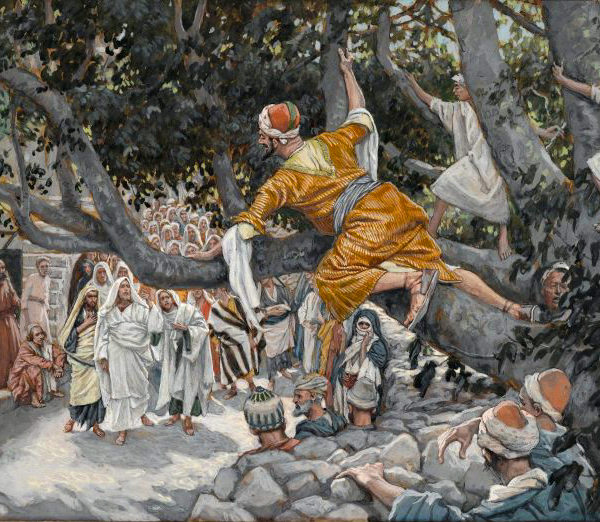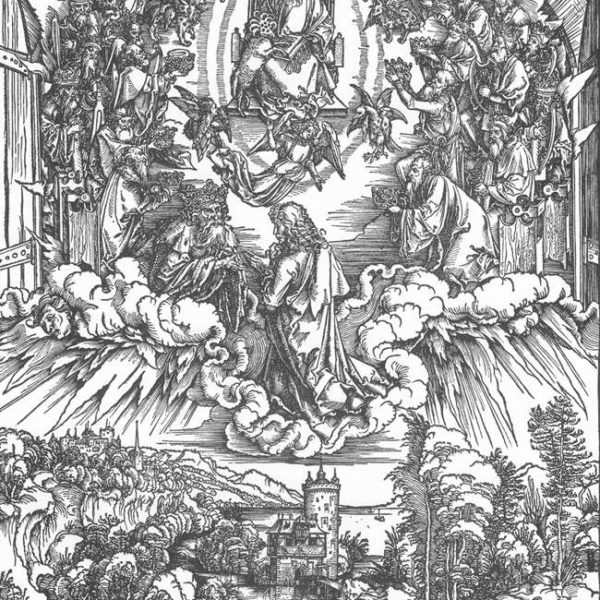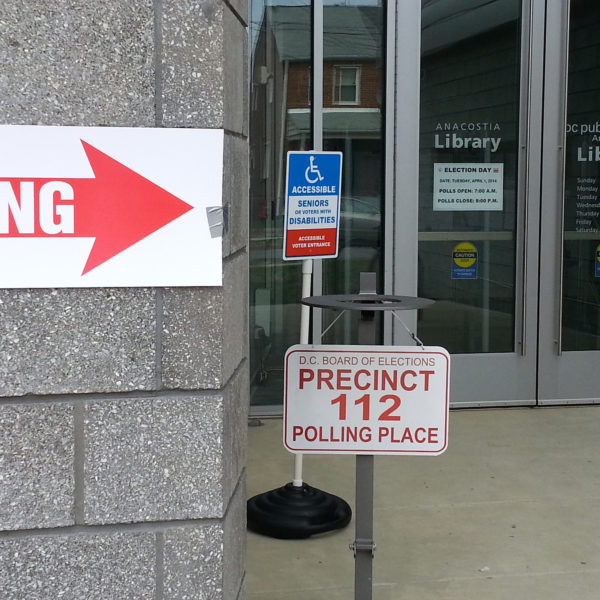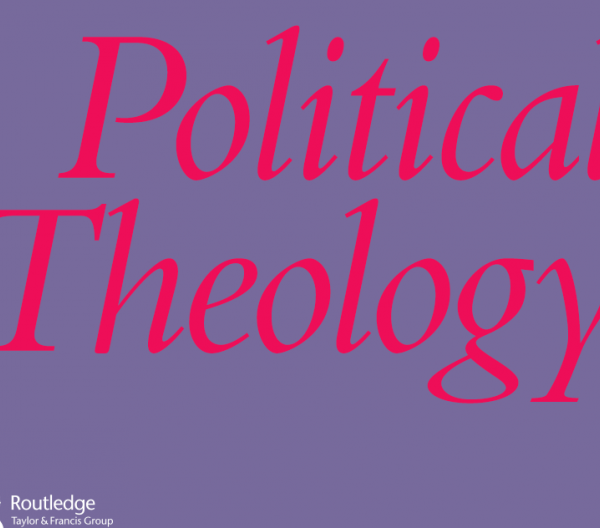
The Apostle Paul’s charge that those who are unwilling to work should not eat has often been taken in support of a callous form of conservatism. However, understood rightly, it reveals the way Christ speaks to all areas of life and labor.
By Jacob Bobby

In the declamation of Isaiah 1, the prophet associates Judah and its rulers with Sodom, for their inhospitality, injustice, and the presumption that they can hide this from God. Zacchaeus, a man characterized by such Sodom-like injustice, is delivered from this as justice is welcomed into his house in the person of Jesus.









